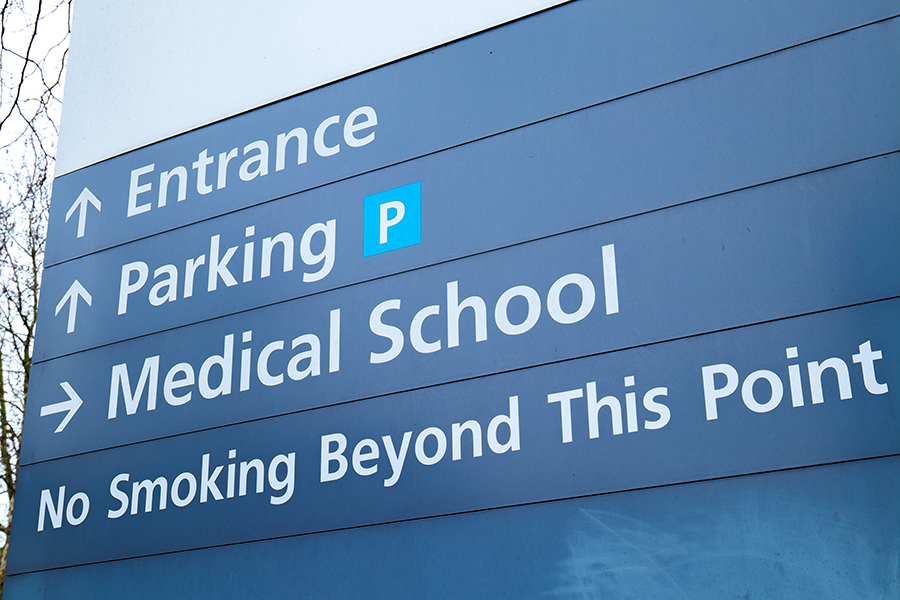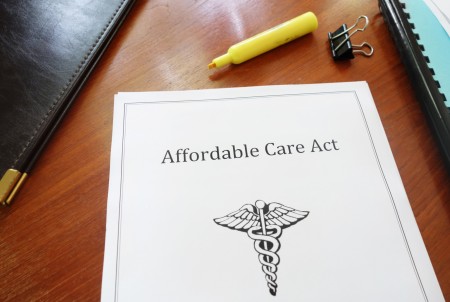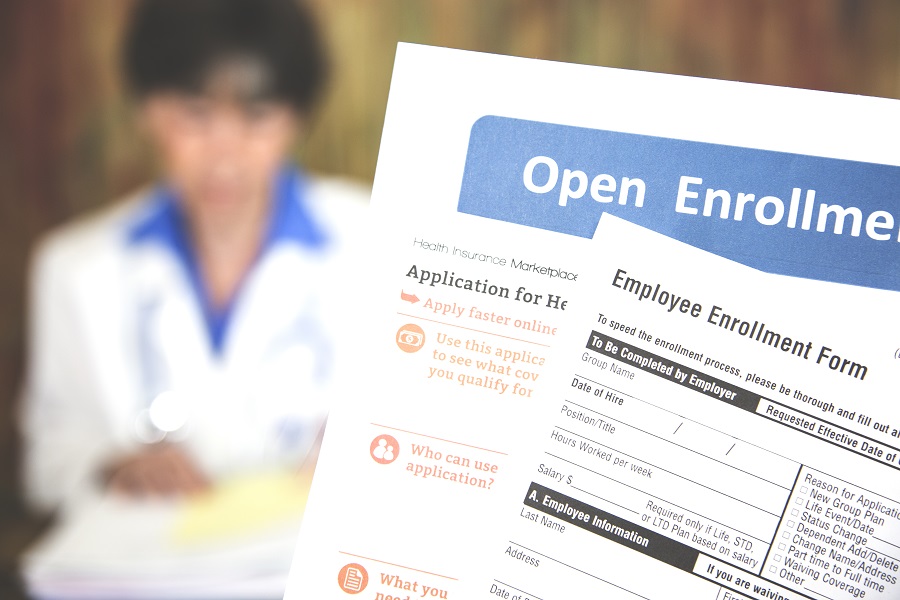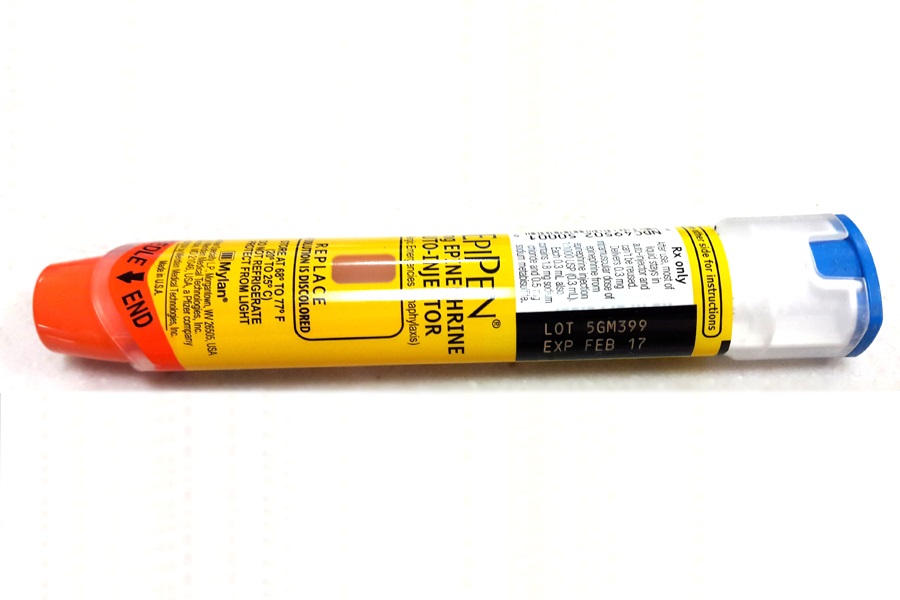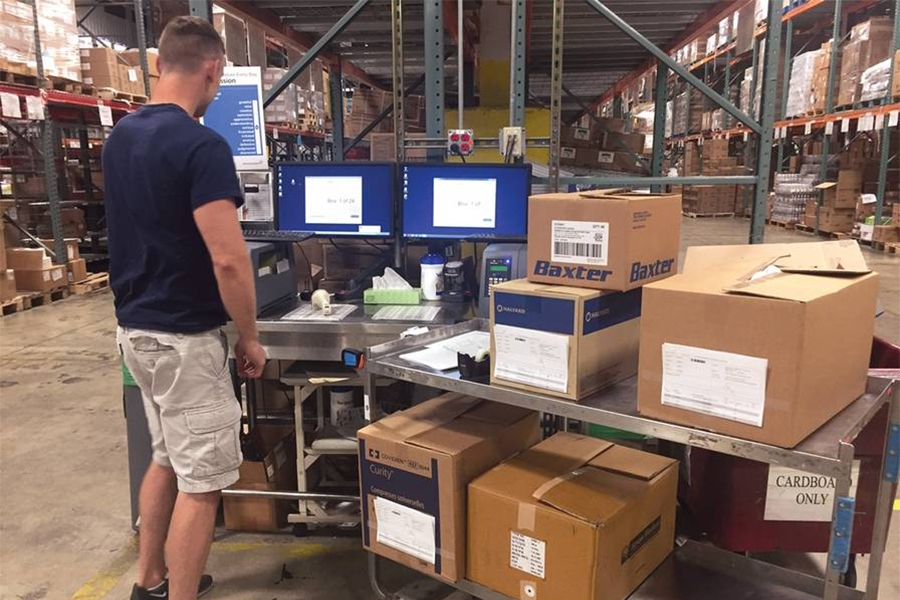By Philip Betbeze, January 9, 2017 for Health Leaders Media
Essential facilities could lose $40.5 billion between 2018 and 2026 if the Affordable Care Act is repealed without a ‘comparable’ alternative, says America’s Essential Hospitals.
Repealing and replacing the seven-year-old Affordable Care Act could create a ripple effect with devastating consequences for safety net hospitals.
These facilities will suffer financially to the tune of $40.5 billion from 2018–2026 if the law is repealed and Congress fails to quickly pass a “comparable” alternative, according to an analysis by America’s Essential Hospitals.
If Congress repeals the ACA without enacting a comparable replacement, the analysis predicted, safety net hospitals would face:
- Coverage losses amounting to $6.1 billion
- Medicare cuts reaching $10.7 billion
- Cuts to Medicaid Disproportionate Share Hospital programs totaling $23.7 billion.
The 275-member association of nonprofit hospitals asserts that even if Republicans submit legislation that is similar to their December 2015 attempt to repeal the law, member hospitals—many of which serve as the safety net hospital or health system in their city or region—would lose $16.8 billion over the same period.
Although the 2015 Obamacare repeal plan would have restored cuts to the DSH, the 2015 plan’s proposed coverage losses would still have left these hospitals significantly worse off.
‘Unsustainable Losses’
“These numbers really show what’s at stake for the patients who depend on the doors being open at essential hospitals,” said Bruce Siegel, MD, MPH, president and CEO of America’s Essential Hospitals, in a media release.
“These are unsustainable losses that would jeopardize vital services and access to care in communities across the country.”
Many of the association’s members operate on zero margin already, and that they provide about 20% of the uncompensated care nationwide, Siegel said.
Anything less than a comprehensive replacement immediately upon a repeal of the ACA would put members in severe financial difficulty, he said.
Read the Full Article at Health Leaders Media.






